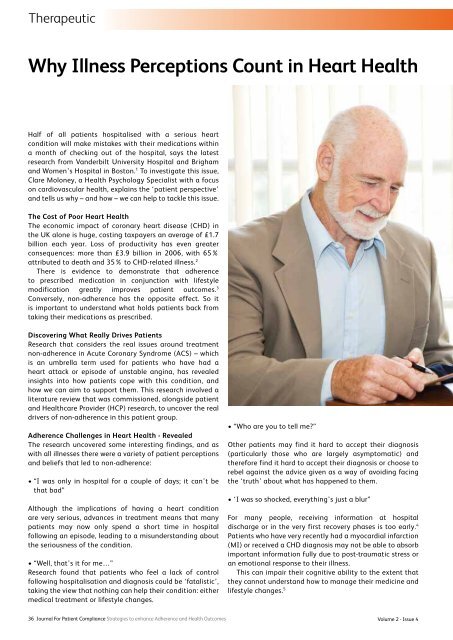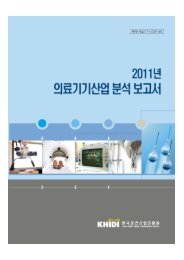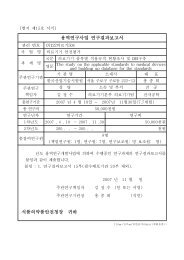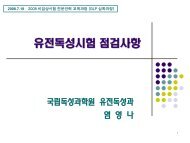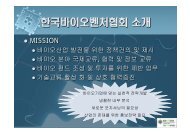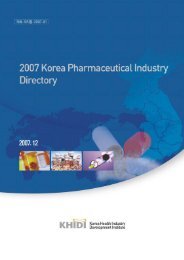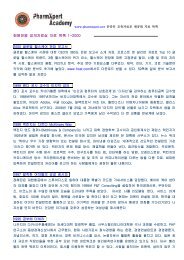PATIENT COMPLIANCE - PharmXpert Academy
PATIENT COMPLIANCE - PharmXpert Academy
PATIENT COMPLIANCE - PharmXpert Academy
You also want an ePaper? Increase the reach of your titles
YUMPU automatically turns print PDFs into web optimized ePapers that Google loves.
TherapeuticWhy Illness Perceptions Count in Heart HealthHalf of all patients hospitalised with a serious heartcondition will make mistakes with their medications withina month of checking out of the hospital, says the latestresearch from Vanderbilt University Hospital and Brighamand Women’s Hospital in Boston. 1 To investigate this issue,Clare Moloney, a Health Psychology Specialist with a focuson cardiovascular health, explains the ‘patient perspective’and tells us why – and how – we can help to tackle this issue.The Cost of Poor Heart HealthThe economic impact of coronary heart disease (CHD) inthe UK alone is huge, costing taxpayers an average of £1.7billion each year. Loss of productivity has even greaterconsequences: more than £3.9 billion in 2006, with 65%attributed to death and 35% to CHD-related illness. 2There is evidence to demonstrate that adherenceto prescribed medication in conjunction with lifestylemodification greatly improves patient outcomes. 3Conversely, non-adherence has the opposite effect. So itis important to understand what holds patients back fromtaking their medications as prescribed.Discovering What Really Drives PatientsResearch that considers the real issues around treatmentnon-adherence in Acute Coronary Syndrome (ACS) – whichis an umbrella term used for patients who have had aheart attack or episode of unstable angina, has revealedinsights into how patients cope with this condition, andhow we can aim to support them. This research involved aliterature review that was commissioned, alongside patientand Healthcare Provider (HCP) research, to uncover the realdrivers of non-adherence in this patient group.Adherence Challenges in Heart Health - RevealedThe research uncovered some interesting findings, and aswith all illnesses there were a variety of patient perceptionsand beliefs that led to non-adherence:• “I was only in hospital for a couple of days; it can’t bethat bad”Although the implications of having a heart conditionare very serious, advances in treatment means that manypatients may now only spend a short time in hospitalfollowing an episode, leading to a misunderstanding aboutthe seriousness of the condition.• “Well, that’s it for me…”Research found that patients who feel a lack of controlfollowing hospitalisation and diagnosis could be ‘fatalistic’,taking the view that nothing can help their condition: eithermedical treatment or lifestyle changes.• “Who are you to tell me?”Other patients may find it hard to accept their diagnosis(particularly those who are largely asymptomatic) andtherefore find it hard to accept their diagnosis or choose torebel against the advice given as a way of avoiding facingthe ‘truth’ about what has happened to them.• ‘I was so shocked, everything’s just a blur”For many people, receiving information at hospitaldischarge or in the very first recovery phases is too early. 4Patients who have very recently had a myocardial infarction(MI) or received a CHD diagnosis may not be able to absorbimportant information fully due to post-traumatic stress oran emotional response to their illness.This can impair their cognitive ability to the extent thatthey cannot understand how to manage their medicine andlifestyle changes. 536 Journal For Patient Compliance Strategies to enhance Adherence and Health OutcomesVolume 2 - Issue 4


